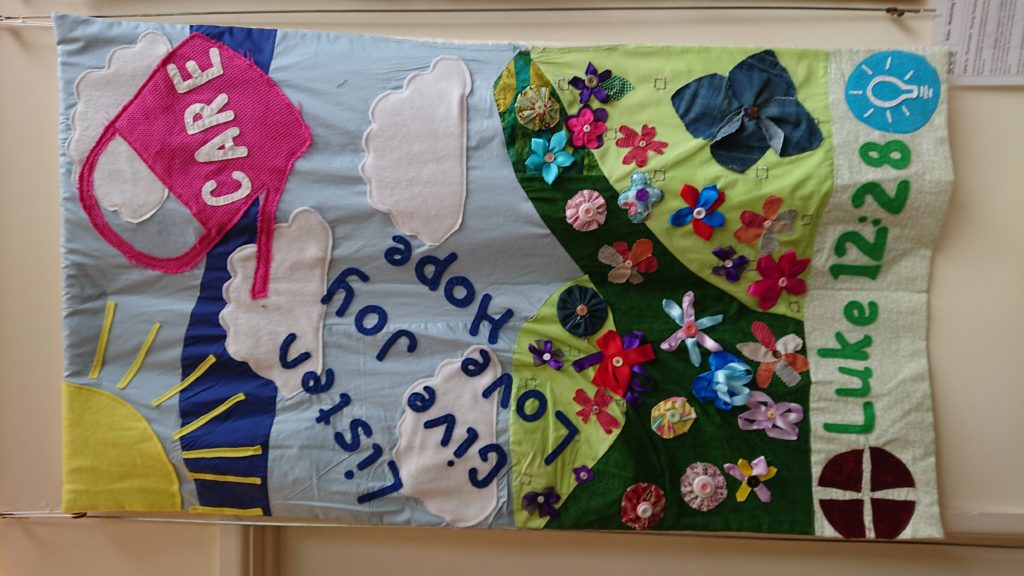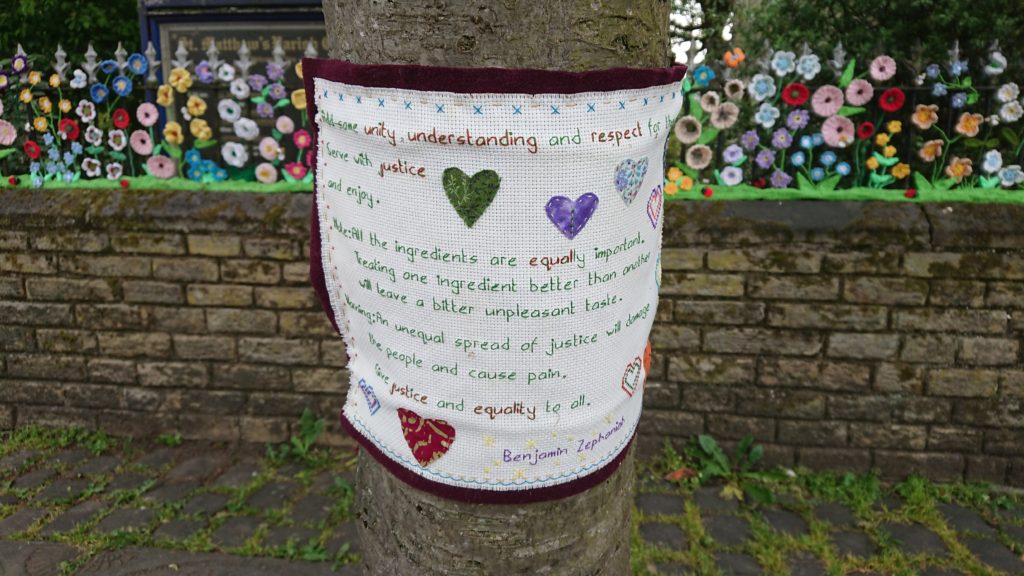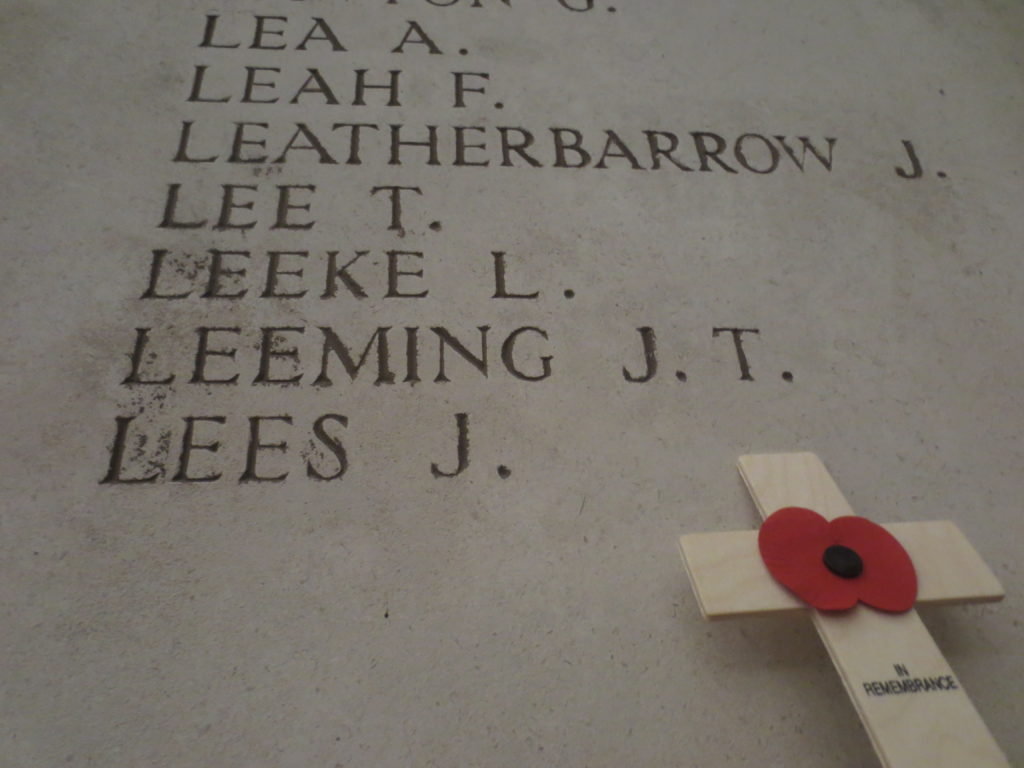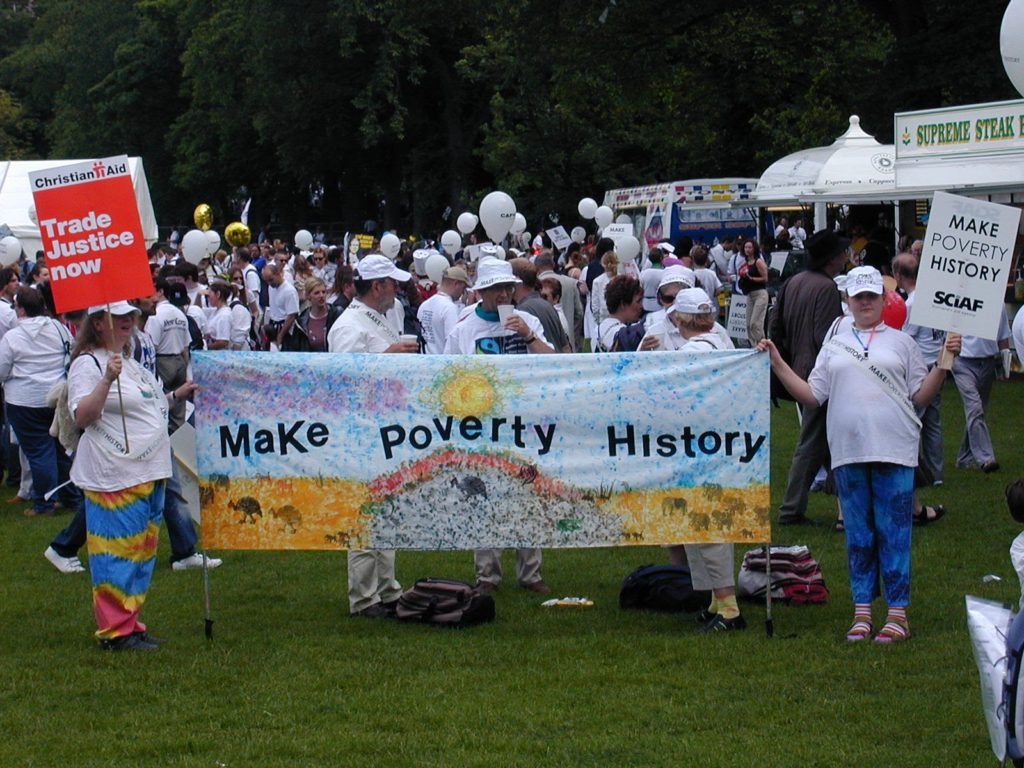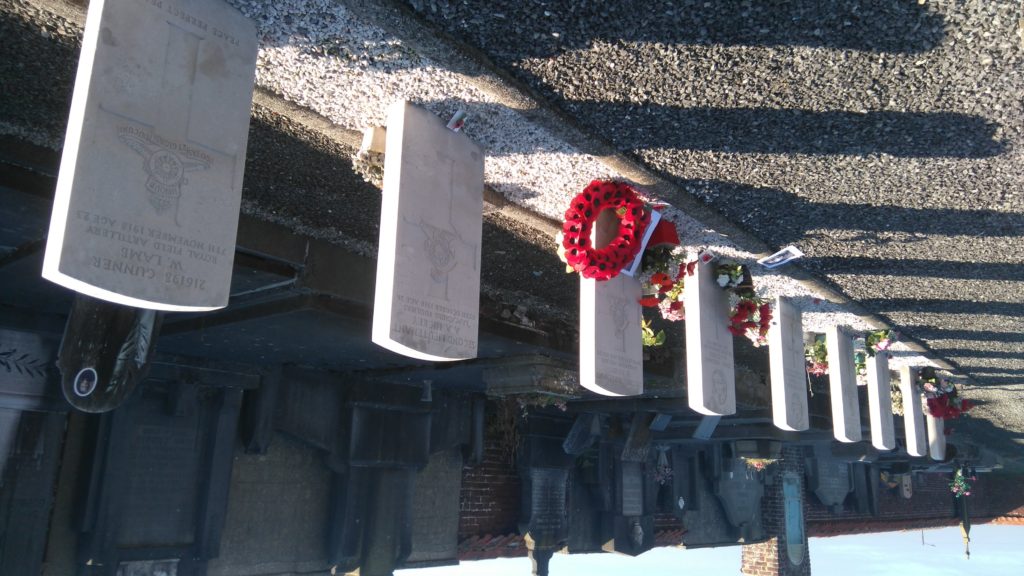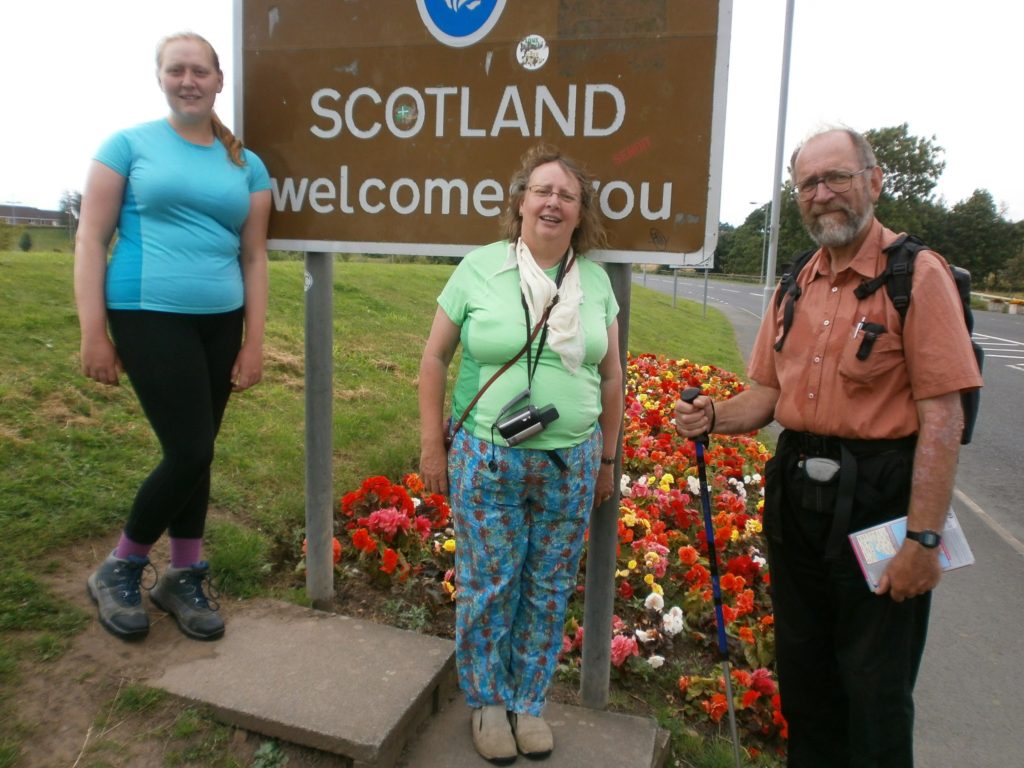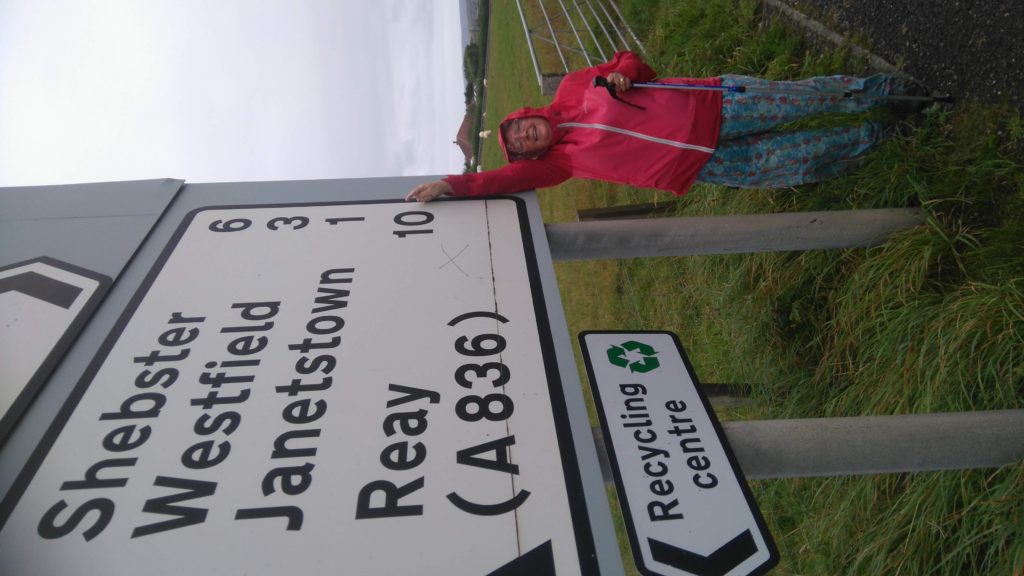Dear Benedict
You’ll not be familiar with social media, a way to chat with people world wide at the click of a button without meeting them. It receives a mixed press these days but I do it, although I only use the one account in one form. This morning it was revealed to me by one of my correspondents that they have two different accounts. It made me smile.
I love my Twitter correspondent who has helped me a great deal, but we’ve never met. Such are the ways of much social media. If I was surprised at the alter ego they had also adopted then I know better than to comment but it did give me cause to think about chapter 67 of your Rule.
A few years ago bought an old campervan called Bambi. Aged 34 she has travelled 57,000 miles in her lifetime. I rededicated her as the Mobile Chapel of St Scholastica and took her on my Lay Benedictine travels. Yet chapter 67 is all about not going out.

Well that’s the main difference between monastics and Lay Benedictines. Being a Lay Benedictine you live inside out. I suspect there are many out there who don’t know they know a Lay Benedictine, a bit like having two social media accounts. And I’d have to say that it’s usually Bambi who attracts more attention rather than ‘What’s a Lay Benedictine?’
A Lay Benedictine is an enthusiast who would like to introduce more people to the inside-out life. Those who use social media often use it as a platform to share their views on life the universe and everything. There’s Anglican Twitter (I follow a few though I’m no Anglican) and Fungi Twitter (I’ve learnt a lot from them too). But most people just want to admire my van.
Perhaps this is why you didn’t want your monastics talking about what happened outside. You thought they’d be attracted to the outside life again. Me, I can’t get enough of it. Partly because I think it’s the life for me. I don’t mean night clubs and stuff, of motor shows, or concerts. All very nice in their way I’m sure. I mean the slow old routes from county to county, joining up the dots across Britain, where I am distracted by trees, fungi and other wild things.
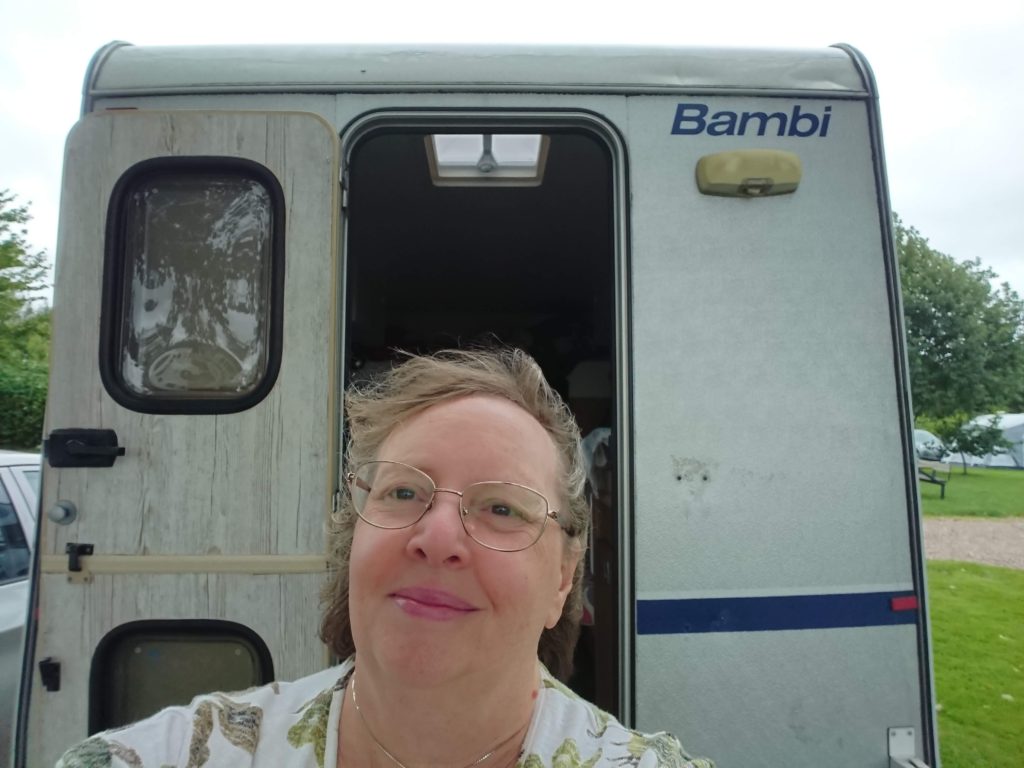
So if you see an old Bambi out on the road, remember to give us a toot! We’ll be trying to live the inside-out life somewhere in Britain. Meanwhile we might meet on social media.
A traditional prayer: May the road rise to meet you.
From a Friend of Scholastica and a Member of the Lay Community of St Benedict. @Bambigoesforth

